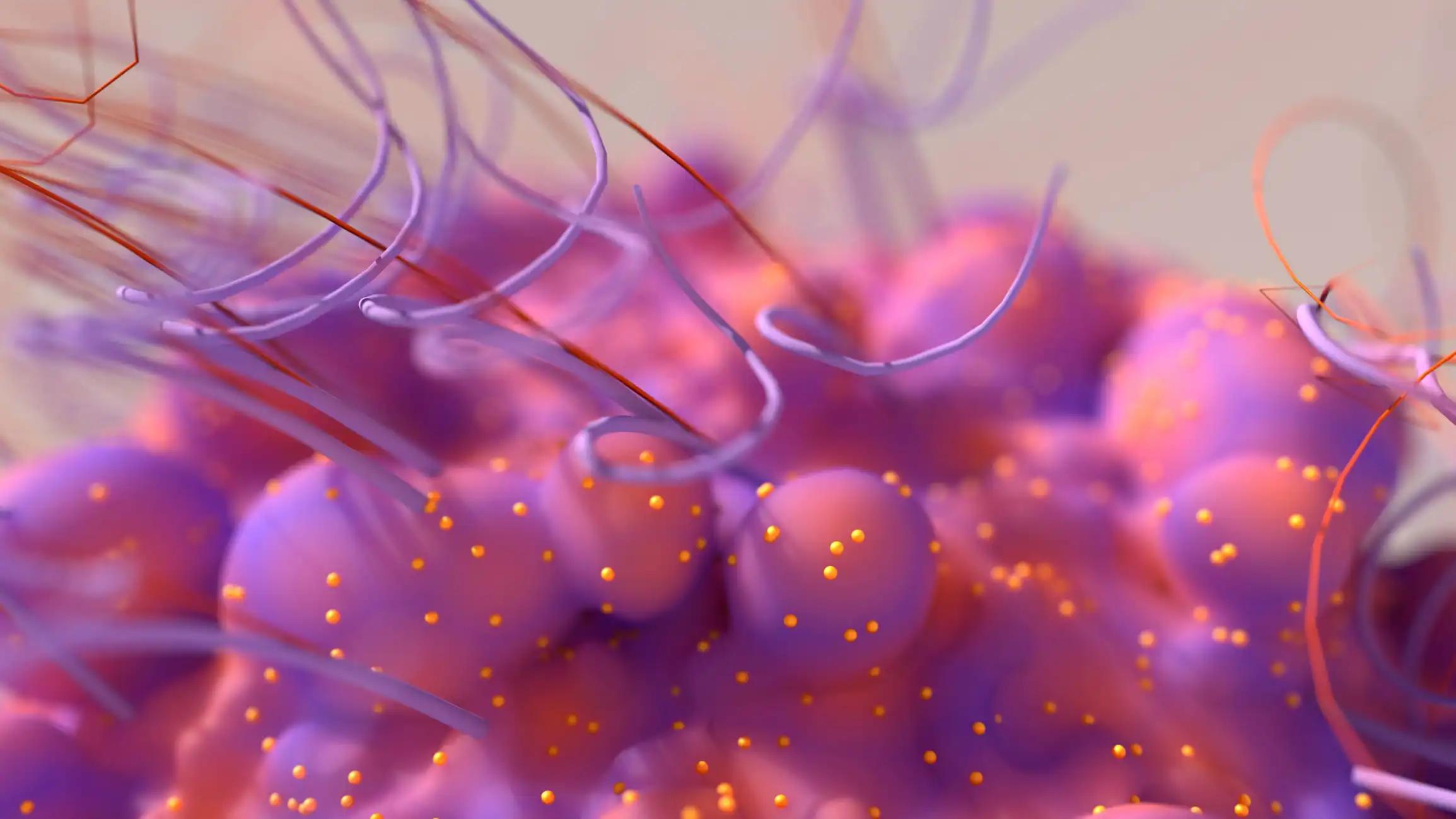KEY TAKEAWAYS
- The study aimed to explore the lipidome’s association with skin cancers and identify potential mediators.
- The study found a negative causal link between PC (17:0_18:2) and keratinocyte carcinomas, partly mediated by TWEAK.
Research indicates a potential connection between lipid profiles and skin cancer risk, but the precise causal relationship remains unclear.
Hao Lei and the team aimed to investigate the link between the lipidome and skin cancers, exploring potential mediators.
Researchers conducted a two-sample Mendelian randomization (MR) analysis involving 179 lipidomes and each type of skin cancer, including melanoma, basal cell carcinoma (BCC), and squamous cell carcinoma (SCC), based on genome-wide association studies (GWAS). Bayesian weighted MR was subsequently used to validate the initial MR findings.
Additionally, a two-step MR approach was employed to assess the influence of TNF-like weak inducer of apoptosis (TWEAK)-mediated lipidome on skin cancer incidence.
Mendelian randomization analysis showed that higher genetically predicted phosphatidylcholine (PC) (17:0_18:2) was associated with reduced risk of skin tumors, including BCC (OR = 0.9149, 95% CI: 0.8667-0.9658), SCC (OR = 0.9343, 95% CI: 0.9087-0.9606), and melanoma (OR= 0.9982, 95% CI: 0.9966-0.9997).
TWEAK-mediated genetic prediction accounted for 6.6% in BCC and 7.6% in SCC for PC (17:0_18:2). However, no mediated causal relationship was observed between PC (17:0_18:2) and melanoma via TWEAK.
The study identified a detrimental causal link between PC (17:0_18:2) and keratinocyte carcinomas, with TWEAK partially mediating this association. However, many other mediating factors remain ambiguous, suggesting a need for future research into additional risk factors.
The study was funded by the National Natural Science Foundation of China.
Source: https://pubmed.ncbi.nlm.nih.gov/38932454/
Lei H, Chen X, Bai R, et al. (2024). “Genetically predicted TWEAK mediates the association between lipidome and Keratinocyte Carcinomas.” Skin Res Technol. 2024 Jul;30(7):e13781. doi: 10.1111/srt.13781. PMID: 38932454.



